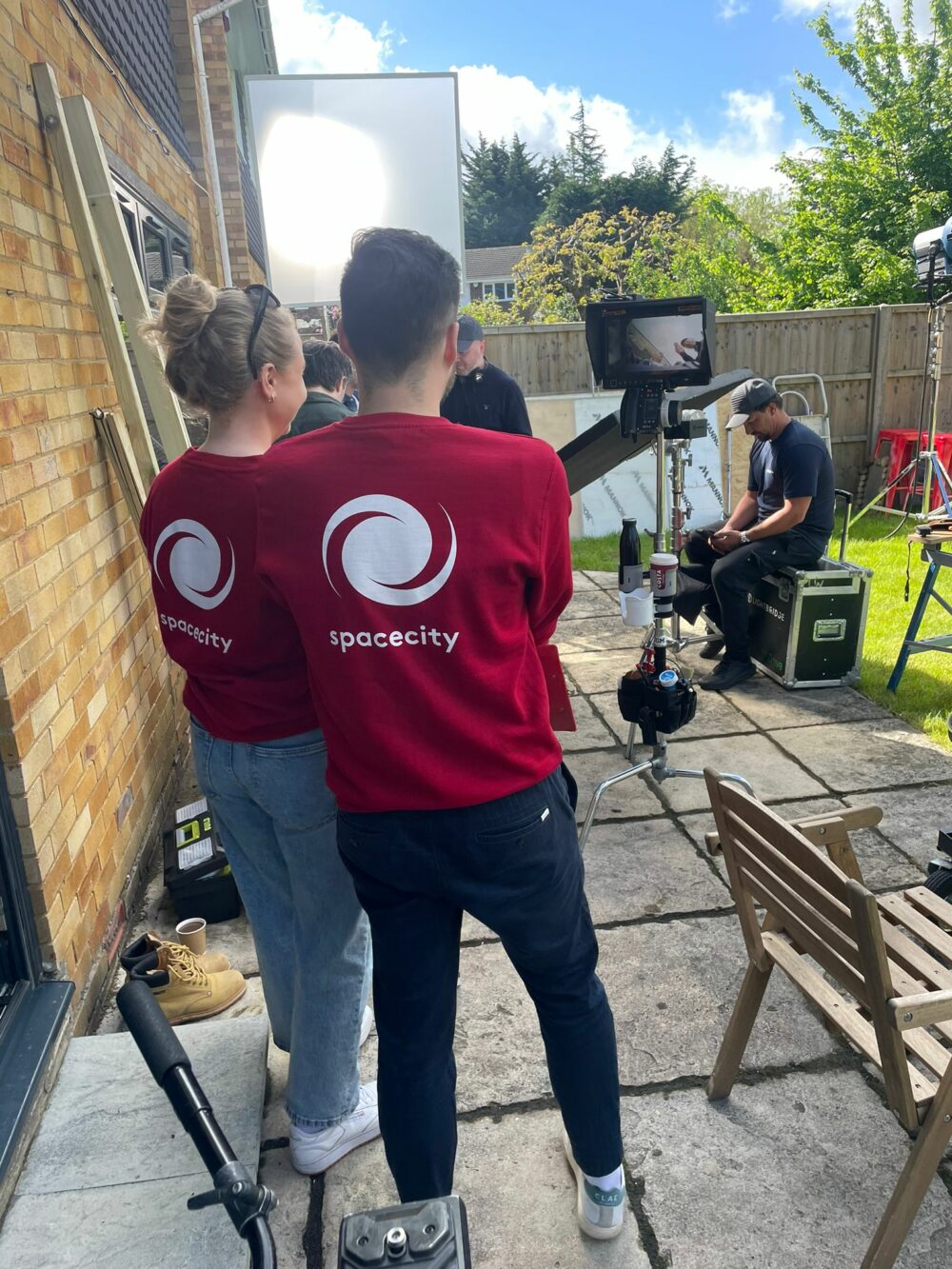AD Regulation is coming to the marketing fore amid the growing concerns regarding security and the upholding of brand reputation.
Over the course of the last few weeks, numerous brands including Marks and Spencer, McDonald’s, L’Oreal and Audi have decided to abandon their Youtube campaigns, citing fears their content was fuelling extremist content.
Although the strengths of online remain unquestionable in terms of harvesting and maintaining relationships, at a CRM and awareness level, in order to act as the catalyst of your advertising campaigns there has to be some form of exterior regulation.
TV has maintained its erstwhile appeal as the most effective way of growing and establishing consumer resonation for myriad reasons, namely its credibility, scale and quality.
The conception of such trust and credibility has stemmed from the regulation that consumes TV and its withering rival, print.
While both print and TV have had a guidelines from their respective regulatory bodies, namely IPSO for print and OFCOM for TV, online has had no statutory requirements to adhere to.
Thus content remains essentially unfiltered and free to marry to any ad that your business may broadcast, without the knowledge of Google or you.
Therefore if you as a business wants to have complete control and transparency over how and when your content appears to your potential consumers, TV is now the only feasible starting point for your advertising.

Of course in the eyes of your consumers, once your TV generated content filters through to online and any corresponding PPC campaigns it’s reputation precedes itself as trustworthy.
While print has IPSO regulating newspapers and self-regulatory bodies that ensure strict compliance to accuracy, TV and its connected advertising have two forms of regulation to adhere to: OFCOM regulating the content you ads will be associated with and the ASA, which has the power to remove your ads if they are deemed unethical, misleading or illegal.
Encompassing the entire subliminal aurar of trust is the programming itself.
TV shows, once they have been appraised to adhere to the stringent regulation that monitors its credibility, offer an unparalleled depth of trust to businesses and consumers in the knowledge they are independently scrutinised.
Although the eclectic and diverse algorithms that Google deploys to eliminate the threats of ad fraud, fake news and extremist content are working in the majority of searches, proofing against anomalous searches that include more obscure phrases needs to be prioritised.
For the sake of both TV and online it is essential that Google can code means of eliminating extremist or inappropriate content completely, without such improvement TV will plateau in its bid to provide efficient brand response material.
Given the economic uncertainty during the Brexit transition process it will be imperative for branded content to have increased vessels to target an ever-increasing inventory of consumers you want to target.

TV is the most effective stimulant for your audience to take an interest in your product or service, however in terms of enacting further engagement with your brand, online has to offer a credible conduit to expand your business.
As a singular advertising entity though, by simply having such ambiguity in its framework and an objective, digital appraisal system not devoid of flaw, online although offering a sophisticated data driven user experience, does not provide a trustworthy one for your business.
Ultimately when you are deciding on your advertising path, whether that be DRTV or brand based, the content you are marrying your ad with has to offer semblance.
The data that now drives and dictates who views your ads and when on digital, addressable and interactive TV, is based on viewing habits, the power of search; similar to online in many ways, except it has incentivised regulation, whereby financial and licensing penalties exist to deter infraction.
Thus to provide a platform to propel your business to the masses omni-platform, the catalyst must be TV.
Professionally produced content is proven to be more entertaining than unprofessional, 94 per cent of all viewed video originates from TV, while entertain ads as appose to persuasive ones garner twice the optimum business effects.
Space City has been producing TV and online ads for 25 years, empowering brands to achieve as much as 600% ROI.
Contact the team now and utilise their longstanding and close relationships with clearance providers, Clearcast, to get your ad on TV faster and for less.


